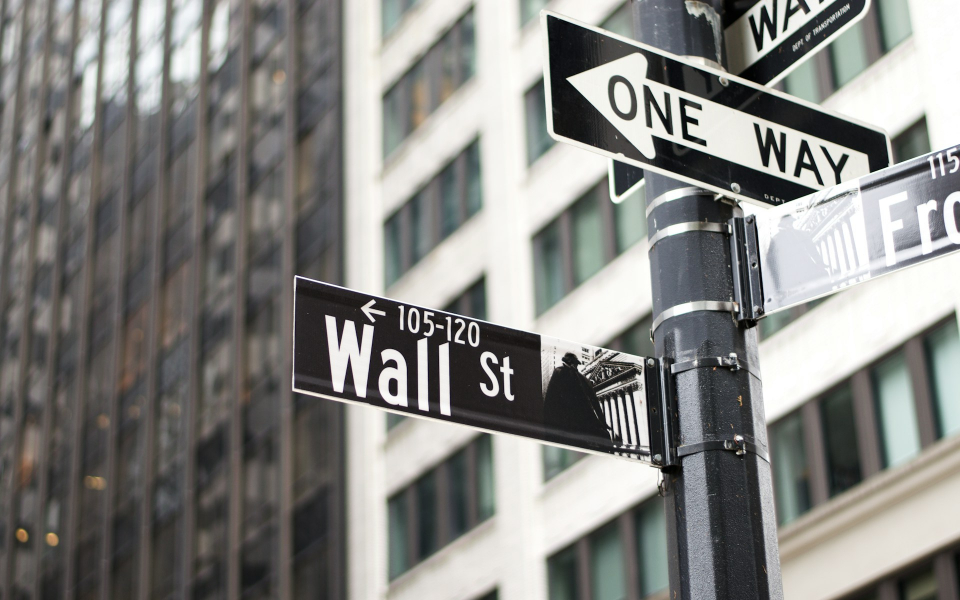The S&P 500 Index fell into correction territory on Thursday as market participants reacted to new tariff threats from President Donald Trump. The broader market index is has fallen nearly 1.4%, bringing its losses from its recent record close to 10%, marking its official entrance into market correction.
The Dow Jones Industrial Average also fell over 500 points, pushing it into for its fourth day of losses as the index now trades below the key 41,000 level. The tech-heavy Nasdaq Composite also lost about 2% as declines in Tesla
Here's how the market settled on Thursday:
S&P 500 Index
Dow Jones Industrial Average
Nasdaq Composite Index
Trump on Thursday threatened 200% tariffs on all alcoholic imports from the European Union in retaliation for the bloc's 50% levy on American whiskey.
"The European Union, one of the most hostile and abusive taxing and tariffing authorities in the World, which was formed for the sole purpose of taking advantage of the United States, has just put a nasty 50% Tariff on Whisky," Trump wrote on Truth Social. "If this Tariff is not removed immediately, the U.S. will shortly place a 200% Tariff on all WINES, CHAMPAGNES, & ALCOHOLIC PRODUCTS COMING OUT OF FRANCE AND OTHER E.U. REPRESENTED COUNTRIES."
The swift and reactionary implementation of Trump's trade policies have impacted markets throughout the month, as corporate and consumer confidence in the health of the U.S. economy hangs in the balance. Each of the major averages have lost more than 4% for the week so far amid the uncertainty.
UBS analysts offered a bright spot amid Thursday's weakness, with the firm currently not expecting the U.S to enter a recession unless global trade tensions escalate far beyond what they are expected to.
"Data this week have also underlined mounting concern that higher tariffs are taking a toll on business confidence and could push prices higher over coming months," the firm wrote in a Thursday not to clients. "This has fed into recent fears that the U.S. economy could be headed for recession, or stagflation - a combination of weak growth and elevated inflation. But, in our view, these worries are unlikely to be realized unless the global trade conflicts escalate more than we expect."















